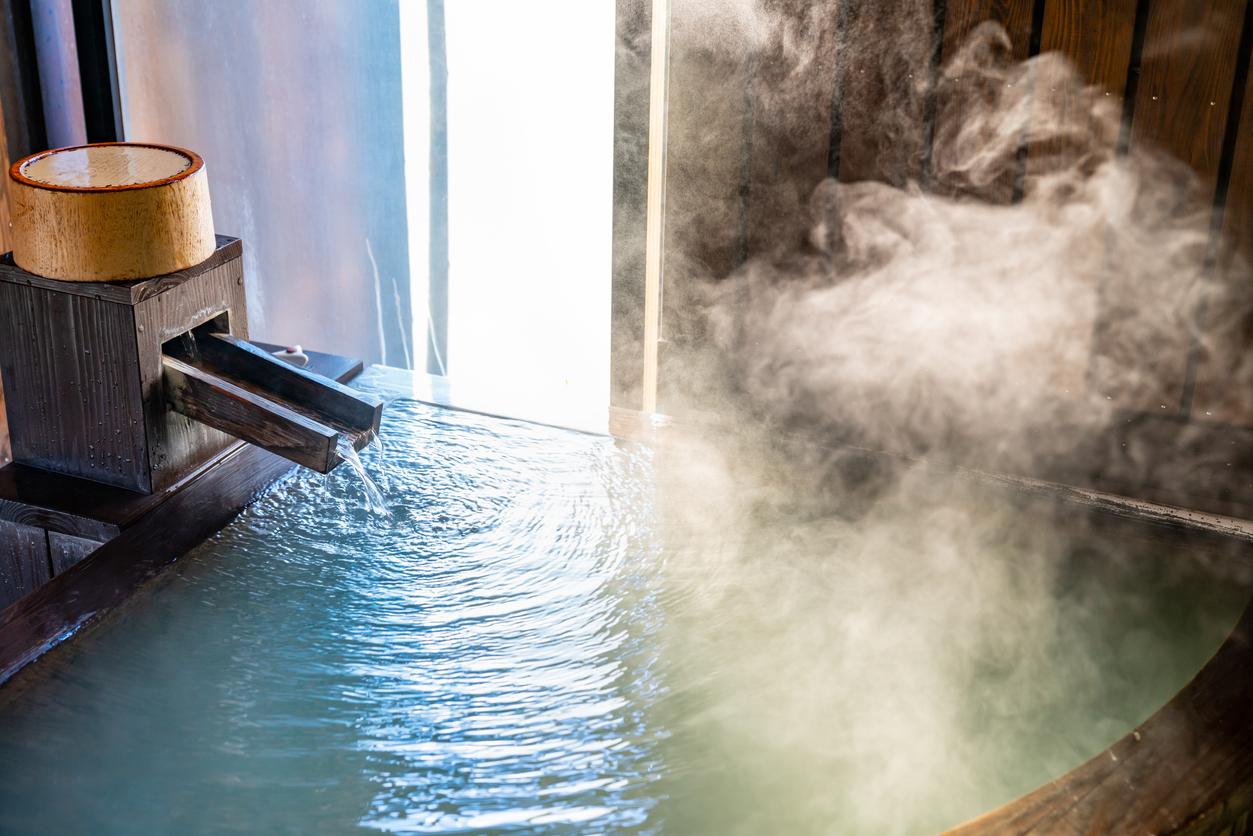Invited by the Stallergènes foundation (a foundation for education and research on allergies) to shed light on “children and sport”, Dr Bertrand Delaisi, pediatrician and allergist, clearly stated that “the best sport for children with respiratory allergy or asthma is the sport they love. Team spirit, surpassing oneself, bodily development … are all benefits and qualities that they should take advantage of, beyond the discomforts sometimes felt and for which preventive and therapeutic solutions exist “.
Can allergy interfere with the practice of a sport?
An Ifop survey carried out for the Stallergènes foundation indicates that 88% of allergic children play sports (44% regularly and 44% from time to time). But 67% admit to feeling discomfort (cough, breathing difficulties, shortness of breath …) due to their allergies, whether they live in town or in the countryside.
“When you play sports you need to have good ventilatory function and if you have upper airway discomfort due to allergic rhinitis, you are bound to be embarrassed in playing your sport.
Likewise, if you have asthma, the dryness of the upper airways will stimulate nerve cells which will cause the bronchi to spasm and limit your breathing capacity during exertion. But the message that I would like to convey and that our mission, as doctors, is to allow children to have a normal life and to practice the sport they love. It is not up to the child to adapt to his allergy but it is up to us to adapt to the child’s situation to allow him to have the sporting activity he wants because it is completely beneficial for its development “insists Dr Delaisi.
Sports activity at school is also advisable because “it promotes the physical development, autonomy, sociability and self-confidence of the child” underlines Dr Sibylle Ajavon, school doctor in Paris.
Are there any restrictions on certain sports?
Contrary to popular belief, very few activities are actually not recommended for children with allergies apart from scuba diving with bottles which requires a real arrangement so as not to take the risk of gas embolism or horse riding when you are allergic to dander of the horse. “All sports are possible with arrangements. You just have to talk to the doctor because the therapeutic arsenal, which ranges from taking antihistamines in case of allergy or a bronchodilator spray before exercise in case asthma to desensitization is very broad. The allergic child can play all sports, he can even become Olympic champion if he is gifted and ambitious. There is no reason why his allergic or asthmatic disease should prevent him to reach the top level “.
And swimming ?
“It has long been said that swimming was not the best sport for children with asthma because the gases formed by organic matter in contact with chlorine could be irritating to the airways. But if this is true for swimmers competition, this is not true for everyone and swimming is even a sport that is easily recommended because the swimming pool is an environment where there are fewer allergens and the humid ambient air has the advantage to be less “asthmogenic”, thus avoiding cooling of the bronchial mucosa “.
Read also :
Infographic: asthma affects 4 million French people
Asthma: how to limit the risks?
















